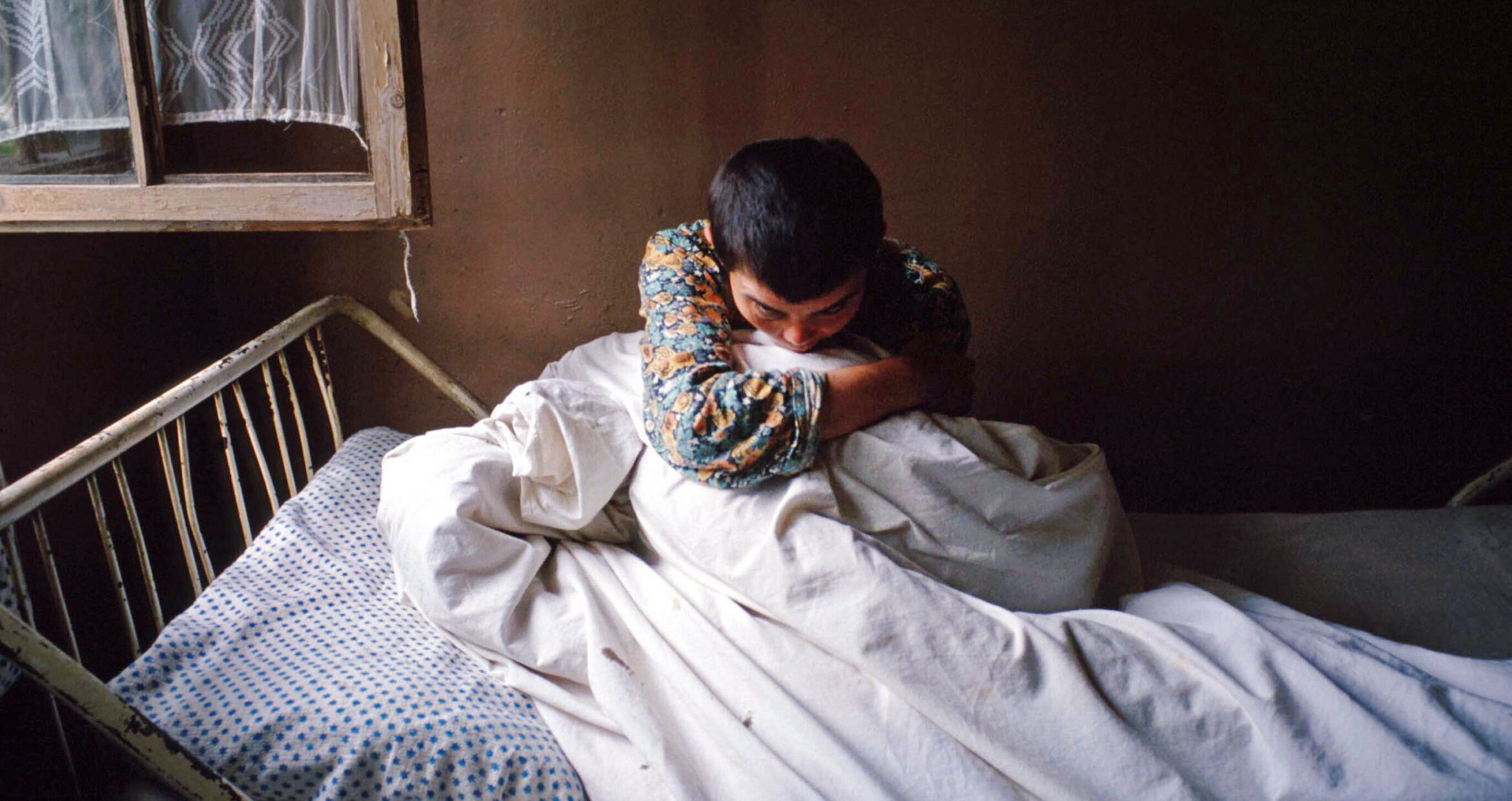Generation Z is going to therapy far more than any other age cohort, a new study has found.
Among American Gen Z adults, over a quarter (27%) reported having gone to therapy in their teenage years, including 31% of Gen Z women, a survey from the American Enterprise Institute found. Only 4% of boomers and 10% of Generation X attended therapy as teens, along with 20% of millennials.
The survey delved into the formative experiences of Gen Z, who were less likely than previous generations of teens to have part-time jobs, attend religious services, have a boyfriend or girlfriend, or drink or smoke, according to the survey. They were, however, much more likely to have experienced frequent loneliness.
These findings support claims of a youth mental health crisis spreading across the West, but it’s less apparent whether therapy is actually helping. Therapy methods long touted as universal interventions have been found to not only not help teens, but to actually exacerbate their problems and worsen their relationships with their parents, according to a recent report from the Atlantic analysing several studies on the subject.
In one study from Australia, researchers taught mental health improvement techniques that are commonly used in therapy to teenagers, expecting to see an improvement in psychological and social outcomes. Instead, the treatment group’s anxiety, depression and quality of life all declined compared to the control group, and their relationships to their parents worsened.
The uninspiring results of such studies seems to be having no impact on the popularity of mental health services. Behavioural therapy is a growth industry, and it’s expected to double over the coming decade as mental health disorders become more common and awareness of corresponding treatments continues to grow. Patients are now seeking out therapy through telehealth services, and a number of online companies have popped up to cater this market. One example is Hers and Hims, which offer mental health services including drug prescriptions and advertise their services relentlessly on digital streaming platforms.
“It’s not surprising that so many Gen Z’ers have received therapy, considering that 20% of US teens in 2021 suffered from major depression in the last year, twice as many as in 2011,” Jean Twenge, author of Generations, told UnHerd. “In addition, suicide rates have doubled, and more than twice as many are hospitalised for self-harm. These trends are similar across the Anglosphere. If anything, the statistics suggest more should get therapy.”
“Therapy is needed for some of our teens,” Brad Wilcox, director of the National Marriage Project at the University of Virginia, told UnHerd. “But the research also tells us that many young adults would be protected from anxiety and depression by spending more time outdoors, exercising, socialising, and doing activities with their families rather than spending time on a screen.”
School shutdowns during Covid-19 were devastating for youth mental health. Youth whose schools closed during the pandemic reported more depression and anxiety, internalised problems more, and even saw physiological changes to their brains in areas associated with self-control, memory and responses to fear and stress, an NIH study found. The longer the shutdown, the more pronounced the impact, according to the study.
But the decline in teenage mental health started before 2020. Social media has long been blamed for youth anxiety, depression, eating disorders and other ills. Teenagers have attributed blame to Instagram for anxiety and depression, and in 2019 its parent company, then known as Facebook, acknowledged in an internal study that the app makes body image worse for one third of teenage girls.
“The rise of social media has fuelled increases in anxiety and depression, especially among young women,” Wilcox added. “This is particularly a problem among young women who identify as ideologically progressive and who come from non-intact families. In other words, the medium and the message today has hit young women especially hard, especially young women living outside of an intact family.”











Join the discussion
Join like minded readers that support our journalism by becoming a paid subscriber
To join the discussion in the comments, become a paid subscriber.
Join like minded readers that support our journalism, read unlimited articles and enjoy other subscriber-only benefits.
Subscribe